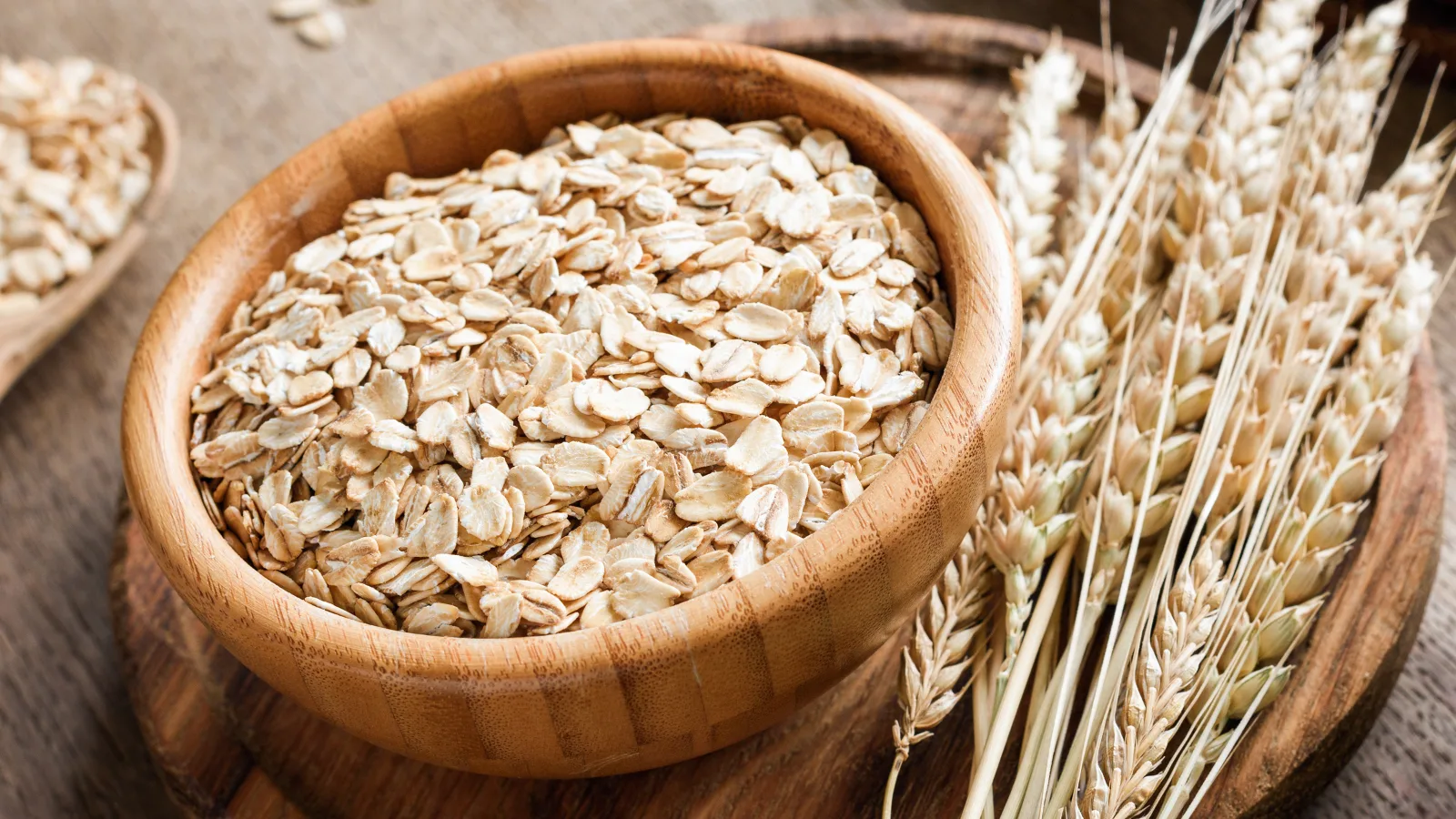
What Are Prebiotics?
Prebiotics are a type of fiber that passes through the upper part of the digestive tract almost unchanged and reaches the large intestine, where it becomes food for beneficial bacteria—probiotics such as Lactobacillus and Bifidobacterium. These microorganisms support digestion, improve nutrient absorption, and strengthen the immune system.
For probiotics to work effectively, they need the right environment—and that’s where prebiotics come in. Their presence in the diet promotes the growth of beneficial bacteria that fight pathogens, support vitamin synthesis, and strengthen the intestinal barrier. This creates a solid foundation for overall health.
Scientific research shows that a balanced gut microbiota affects not only physical health but also mental well-being. Imbalances in the microbiome are linked to conditions such as irritable bowel syndrome (IBS), autoimmune diseases, and even mood disorders like depression and anxiety.
How Do Prebiotics Support Probiotics?
Prebiotics and probiotics work together, forming a harmonious ecosystem in the intestines. Prebiotics provide the nutrients probiotics need to survive and multiply, allowing them to perform their functions more effectively—producing digestive enzymes, synthesizing vitamins, and regulating immune responses. Prebiotics also help maintain optimal pH in the intestines, encouraging the growth of beneficial bacteria and inhibiting harmful ones. Regular intake of prebiotics increases probiotic effectiveness, improving gut health and overall well-being.
How to Enrich Your Diet with Prebiotics
Adding prebiotics to your diet is easy—they’re found in many everyday foods, including:
onions, garlic, bananas, chicory, leeks, asparagus, oats, and barley.
Prebiotics are also available as dietary supplements, which can be helpful for those who don’t get enough from their diet.
Why Are Prebiotics So Important?
Prebiotics not only promote probiotic growth but also help regulate gut microbiota composition, which supports digestive balance and health. They contribute to the production of short-chain fatty acids (SCFAs)—butyrate, propionate, and acetate—which play essential roles in the body:
they serve as an energy source for intestinal cells,
strengthen the gut barrier, preventing toxins from entering the bloodstream,
have anti-inflammatory properties, reducing the risk of chronic diseases such as type 2 diabetes and heart disease.
The gut microbiome also communicates with the brain through the gut–brain axis. This connection affects mood, emotions, and behavior, helping regulate stress and improve mental well-being.
Summary
Healthy intestines are the foundation of overall health and vitality. Regular intake of prebiotics supports beneficial bacteria, strengthens immunity, improves digestion, and can positively influence mental health. Enriching your diet with prebiotic-rich foods or supplements helps your body fully benefit from their effects.







